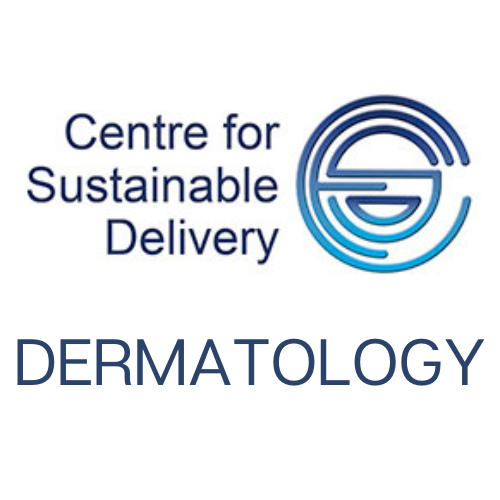Mild:
- Advise all patients on use of sun protection and emollients.
Active treatment options include:
- Topical Fluorouracil 5% (Efudix) cream apply 1-2 times daily for up to 4 weeks. Review 3 to 6 months after treatment to ensure healing has occurred.
- Cryotherapy – N.B. use with caution on lower legs; consider shorter freeze time and repeat 4 weeks later, if required, to reduce risk of ulceration.
- Imiquimod 5% can be used as an alternative, on consultant advice.
Moderate:
- Skin surgery: shave curettage and cautery, for solitary especially thicker or hyperkeratotic lesions or multiple lesions.
- Conventional PDT successful for solitary lesions. Consider daylight PDT for multiple lesions.
Severe:
Refer to a dermatologist if suspicious of invasive squamous cell carcinoma. Signs of this include a lesion that is growing rapidly, becoming thickened or raised and possibly tender to touch. Refer genital and perianal lesions suspicious of Bowen’s and periungual Bowen’s.
